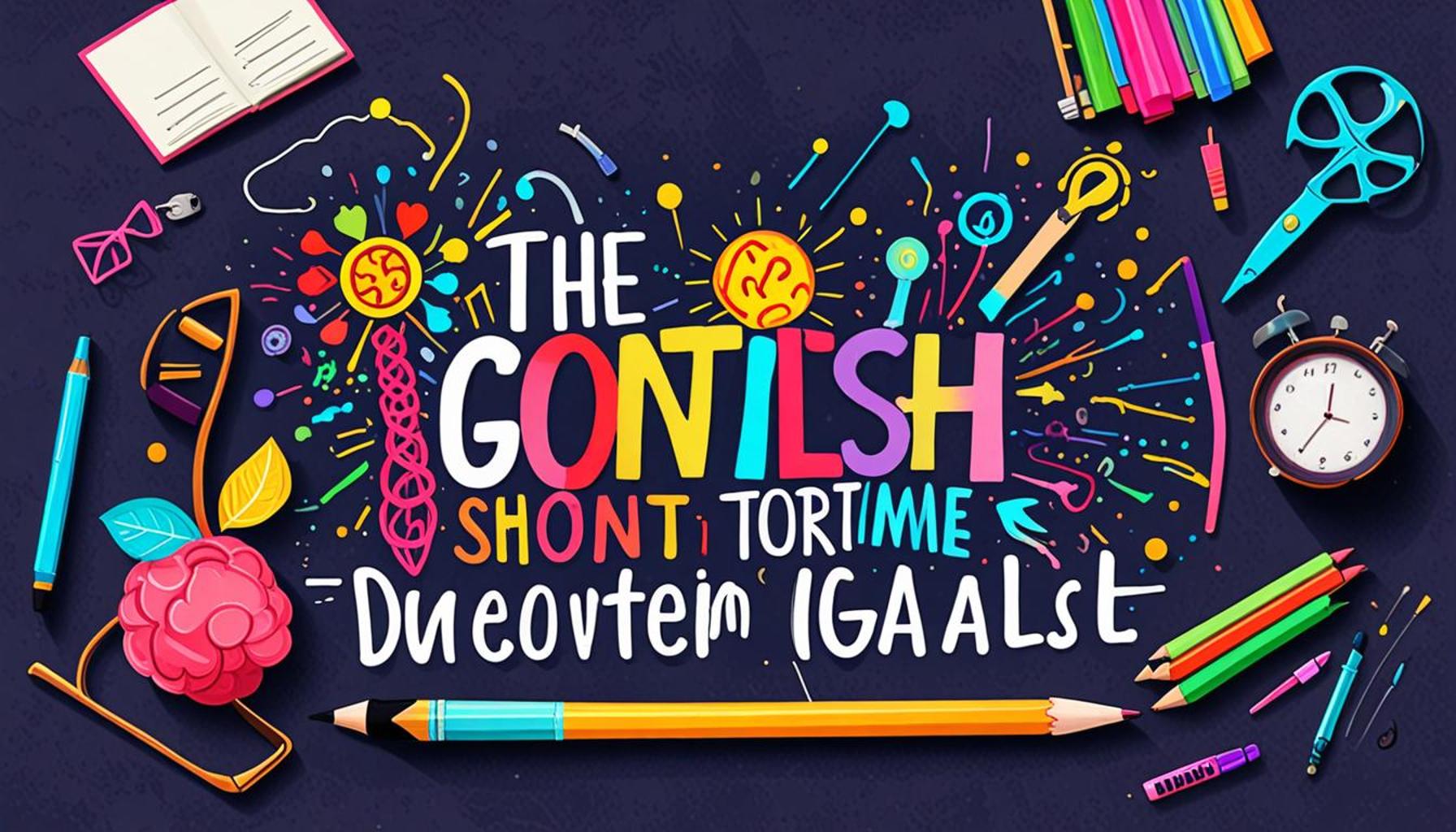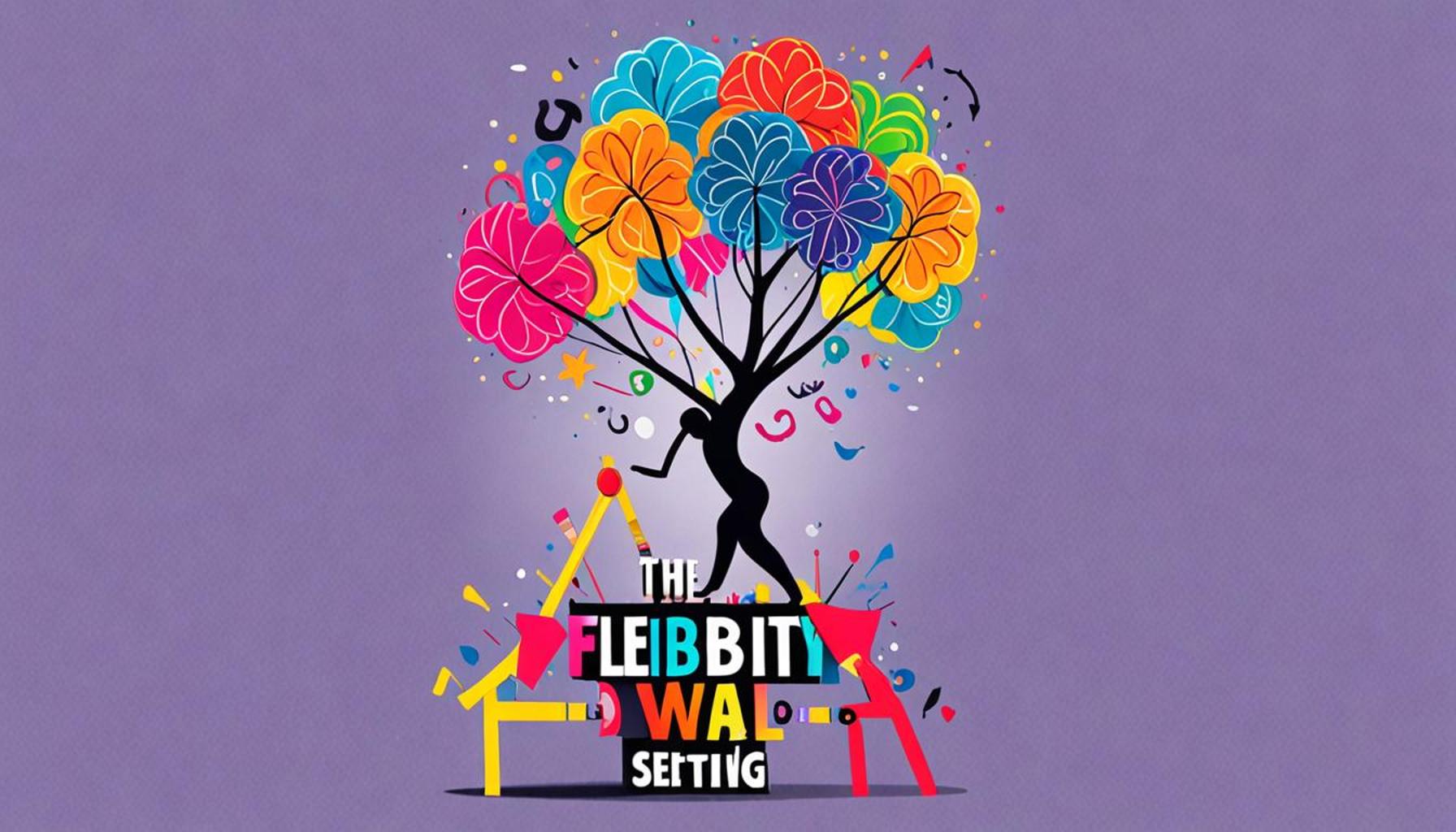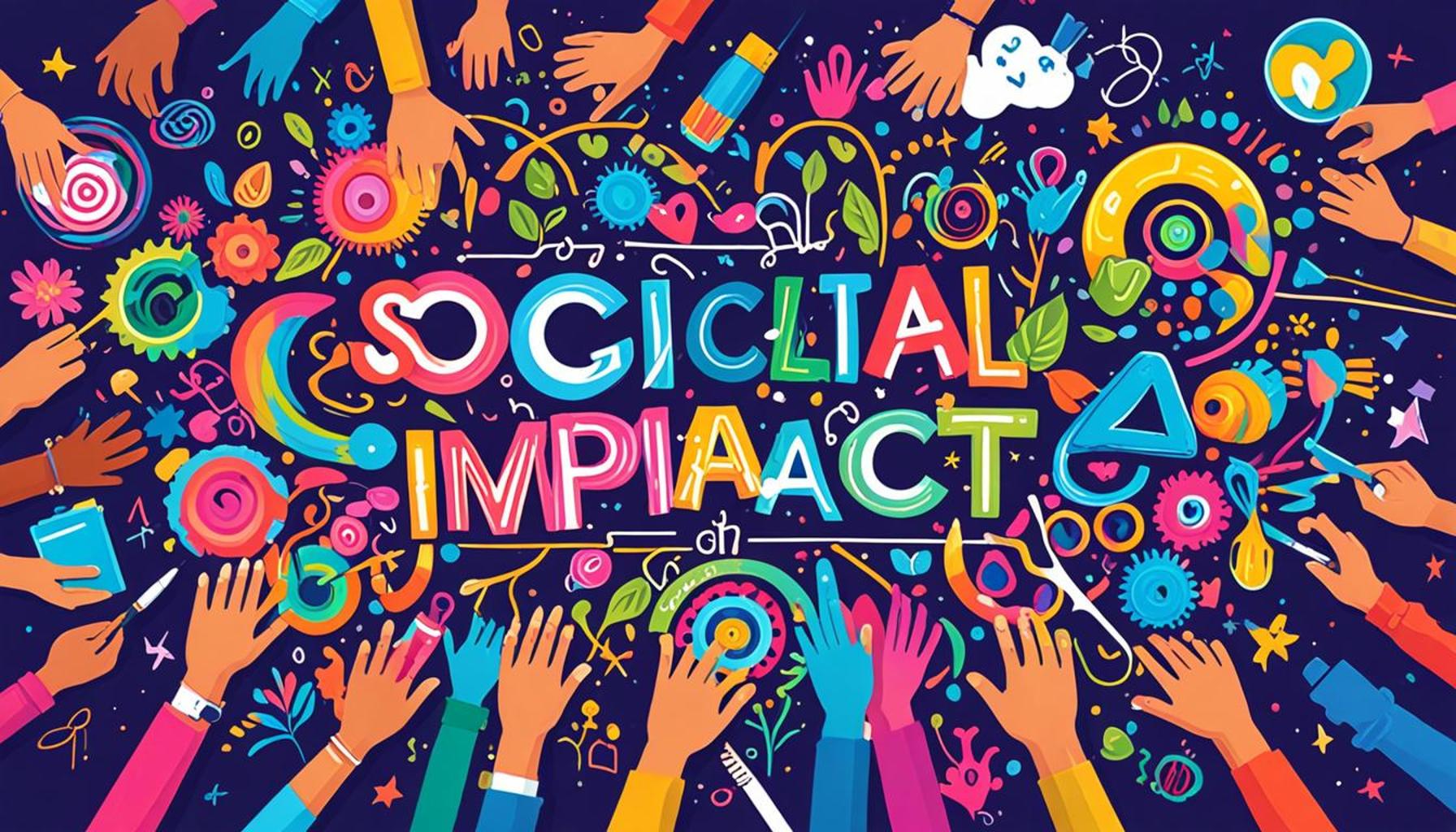The Connection between Learning Goals and Adaptation to New Challenges
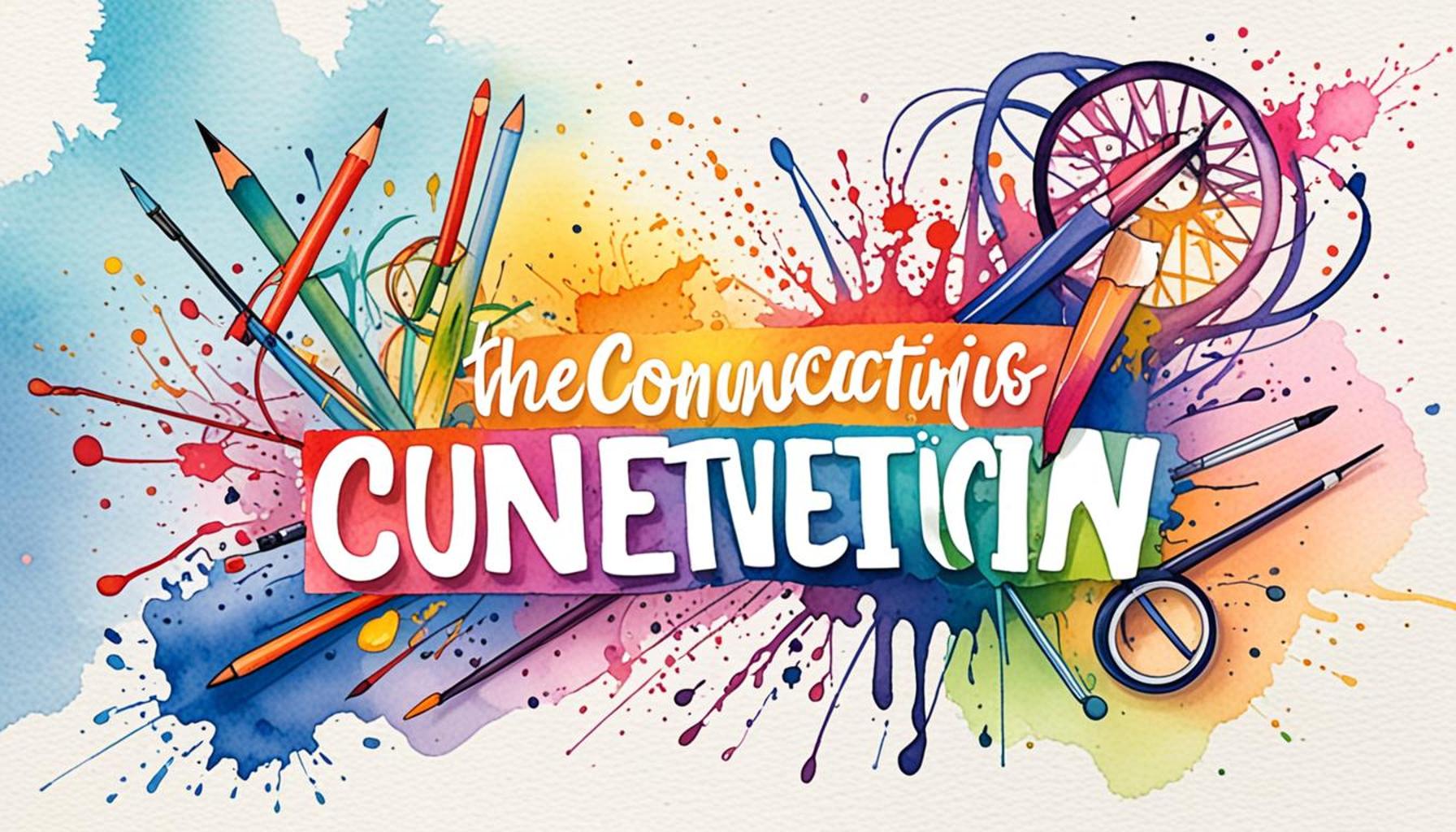
Understanding the Importance of Learning Goals
In an era marked by rapid technological advancement and shifting societal norms, the ability to adapt has become a critical skill for individuals. The establishment of learning goals serves as a fundamental strategy to navigate these changes effectively. By outlining specific objectives, individuals can focus their efforts and better prepare themselves to tackle the myriad challenges they encounter in daily life.
One key benefit of setting clear learning goals is the provision of focus and direction. When individuals have well-defined objectives, they can prioritize their activities and allocate their time and resources more efficiently. For instance, a student in Nigeria pursuing a degree in information technology can prioritize assignments, projects, and networking opportunities based on their long-term career aspirations. This clarity not only streamlines their efforts but also enhances productivity.
Moreover, articulating specific learning intentions fosters motivation. When faced with setbacks, individuals with clear goals are more likely to exhibit persistence. For example, an entrepreneur striving to launch a business in Lagos may encounter numerous obstacles, from securing funding to navigating regulatory requirements. With detailed learning goals, such as completing a business plan or networking with mentors, they can sustain their drive to succeed despite challenges.
Another significant advantage of having defined learning objectives is the facilitation of skill development. In a rapidly evolving marketplace, acquiring new skills is essential for personal and professional growth. In Nigeria, where industries are shifting towards technology, skills like critical thinking, creativity, and collaboration are highly sought after. For example, young professionals looking to enhance their job prospects might focus on developing digital literacy or improving teamwork abilities through collaborative projects.
Furthermore, the link between learning goals and adaptation goes beyond theory; it manifests in the real-world success of individuals and communities. Those who align their learning objectives with actual challenges are better prepared for uncertain environments. As Nigeria continues to experience shifts in technology and social dynamics, fostering a culture of adaptability through clear learning goals can empower its citizens to thrive.
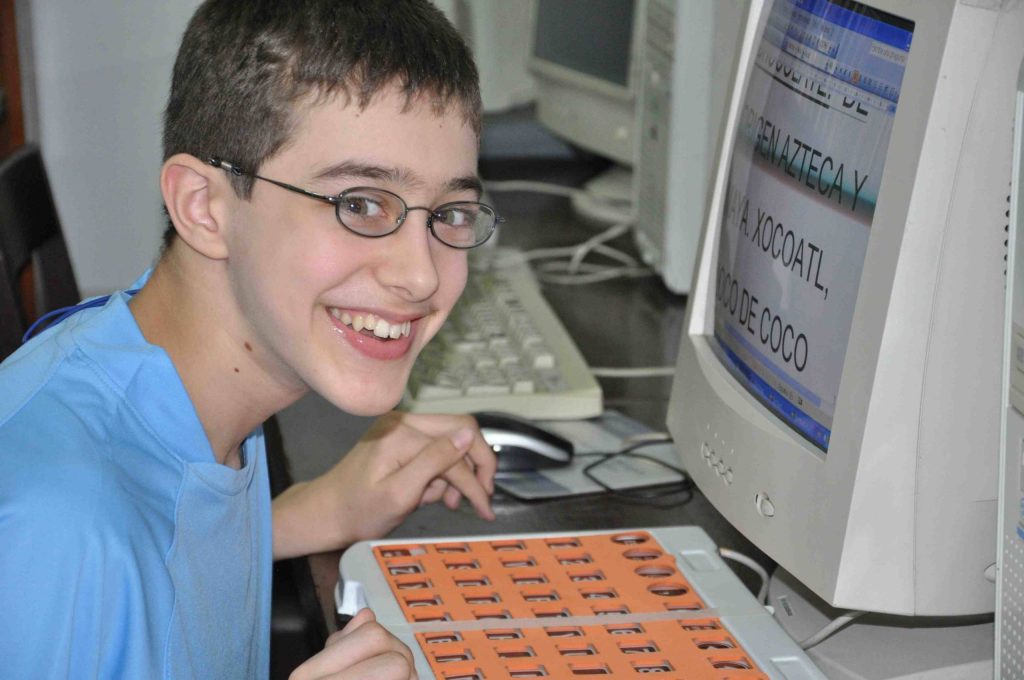
In conclusion, embracing the practice of setting and pursuing learning goals is vital in equipping individuals to face the uncertainties of modern life. As the landscape of work and everyday experiences in Nigeria evolves, cultivating these goals becomes essential not only for personal advancement but also for the collective progress of society.
RECOMMENDED: Check out this similar article
Setting the Stage for Effective Learning
The establishment of learning goals creates a resilient foundation that not only enhances personal growth but also equips individuals to handle the uncertainties of an evolving world. In Nigeria, where the landscape is constantly shifting due to economic fluctuations and technological innovations, the resilience built through goal-setting is paramount.
The connection between learning goals and the ability to adapt to new challenges is rooted in several key factors. Understanding these factors provides insight into how individuals can mold their learning experiences to effectively respond to change.
1. Aligning Learning Goals with Real-World Challenges
One indispensable aspect of setting learning goals is ensuring they are relevant to real-world situations. When individuals align their objectives with the challenges prevalent in their environment, they enhance their adaptability. For instance, recognizing that the Nigerian job market increasingly demands digital skills can prompt a student to set specific learning goals surrounding technology use, such as mastering software commonly used in their chosen field. Additionally, engaging with current industry trends is vital; a professional could become proficient in tools like data analysis platforms or cloud computing technologies to remain competitive.
2. Enhancing Problem-Solving Skills
Learning goals not only clarify what one wants to achieve but also hone critical abilities essential for overcoming obstacles. When individuals establish objectives that require nuanced thinking and creativity, they stimulate problem-solving skills. In the context of Nigeria, where entrepreneurs often encounter bureaucratic hurdles and logistical challenges, setting learning goals focused on improving negotiation or strategic planning can yield significant benefits. This proactive approach translates aspirations into actionable insights.
3. Measuring Progress through Reflection
Another pivotal connection between learning goals and adaptability involves the aspect of reflection. By frequently assessing their progress against set goals, individuals gain a clearer picture of their strengths and weaknesses, allowing for timely adjustments in strategy. This iterative process fosters a growth mindset, empowering learners to embrace challenges rather than shy away from them. For instance, a recent graduate in Nigeria seeking employment might regularly revisit their learning goals related to interview techniques or industry knowledge, adjusting them based on feedback and experiences gathered during job applications.
4. Building a Supportive Network
Lastly, pursuing learning goals often leads individuals to seek out mentors and peers who can provide guidance and feedback. In a collaborative environment, people are more likely to share resources and strategies, creating a community of learning. In Nigeria, where the importance of social interactions in professional settings cannot be overstated, cultivating connections through goal-oriented activities—such as workshops or study groups—can dramatically enhance one’s capacity to adapt to new challenges.
As we delve deeper into the connection between learning goals and adaptation, it becomes increasingly evident that setting these objectives is not merely an academic exercise. It is a vital strategy that empowers individuals to navigate the complexities of life and work, particularly in a dynamic country like Nigeria. This journey through learning is essential for fostering resilience and ensuring continuous progress in an ever-changing world.
| Advantage | Description |
|---|---|
| Enhanced Engagement | When learners align their goals with challenges, they show increased motivation and commitment. |
| Skill Development | Adapting to new challenges empowers individuals to develop crucial skills necessary for today’s dynamic environment. |
| Critical Thinking | Setting clear learning objectives fosters the development of analytical and problem-solving abilities. |
| Resilience | Navigating challenges effectively builds resilience, enabling individuals to cope with future setbacks. |
The clear linkage between learning goals and the ability to meet new challenges is crucial in today’s fast-paced world. As education systems evolve, the necessity for students to establish personal objectives that resonate with their interests has never been more substantial. By doing so, they not only enhance their engagement but also create pathways to successfully learn and maneuver through obstacles they may face. Notably, these tailored goals prompt transformative skills development that goes beyond academic learning.Furthermore, as learners dedicate themselves to setting realistic and ambitious goals, they can harness critical thinking skills, enabling them to analyze situations more effectively. This analytical prowess is essential, particularly in problem-solving, where adaptability often dictates success. The emphasis on resilience is another compelling factor; those who master adaptation to challenges are significantly more equipped to handle future adversities, making this correlation a fundamental area of study for educators and learners alike. As the landscape of education continues to shift, exploring the synergy between learning objectives and adaptation strategies presents valuable opportunities for growth and development. The quest for knowledge goes hand in hand with the challenges faced, revealing that the ability to adapt not only elevates learning experiences but also equips individuals for lifelong success.
RECOMMENDED: Check out this similar article
Navigating New Experiences through Learning Goals
As individuals traverse the landscape of personal and professional development, the significance of learning goals becomes increasingly pronounced in equipping them to face new challenges. In Nigeria, where each day can bring forth a myriad of unpredictable circumstances—ranging from economic shifts to technological advancements—the ability to adapt hinges greatly on the clarity and relevance of one’s learning objectives.
5. Creating a Culture of Lifelong Learning
The foundation of adaptation lies in cultivating a mindset geared toward lifelong learning. Setting persistent learning goals encourages individuals to remain curious and open to acquiring new knowledge throughout their lives. Notably, in Nigerian contexts where traditional education may not always cover emerging fields like renewable energy or digital marketing, the proactive pursuit of knowledge becomes essential. This could involve seeking online courses, attending workshops, or networking with industry professionals. For instance, a recent college graduate might establish a goal to engage in monthly online courses related to artificial intelligence to remain at the cutting edge of their field.
6. Developing Soft Skills for a Dynamic Environment
In addition to technical skills, learning objectives often encompass the development of soft skills that are vital for effective adaptation. Skills such as communication, teamwork, and emotional intelligence play pivotal roles in navigating workplace dynamics. For example, in the rapidly evolving Nigerian business landscape, professionals who set goals to enhance their interpersonal communication are better equipped to lead diverse teams and foster collaboration. Establishing clear learning goals related to these skills can transform a budding employee into a valuable team leader, capable of driving innovation even amidst challenges.
7. Utilizing Digital Platforms for Skill Acquisition
The technological advancements have revolutionized access to learning resources, enabling individuals to achieve their goals more efficiently. With the increasing availability of online platforms like Coursera, Udemy, and local Nigerian initiatives, learners can tailor their educational paths according to their specific needs. These platforms often provide courses related to both hard skills and soft skills, ensuring that learners are prepared for diverse challenges. An entrepreneur in Nigeria aiming to launch an e-commerce site can set learning goals to master digital marketing strategies through online modules, allowing them to effectively reach their target audience.
8. Fostering Innovation and Creativity
Learning goals also pave the way for innovation and creativity, enabling individuals to think outside the box when faced with challenges. As Nigeria grapples with issues such as infrastructural deficits and energy shortages, professionals who cultivate creativity through their objectives can devise innovative solutions. For instance, a group of engineers setting a collective goal to develop affordable, sustainable building materials could contribute significantly to addressing housing shortages in urban areas. Such collaborative learning endeavors not only enrich individual understanding but also propel community advancement.
The exploration of the connection between learning goals and adaptability continues to illuminate the importance of strategic planning in the face of uncertainty. By approaching challenges through the lens of a structured learning framework, individuals in Nigeria can not only thrive in their personal and professional lives but also contribute meaningfully to the wider community, fostering resilience and growth in an unpredictable world.
LEARN MORE: This related article may interest you
Conclusion: Embracing Learning Goals as Catalysts for Adaptation
As we draw insights on the connection between learning goals and adaptation to new challenges, it becomes clear that establishing structured objectives is pivotal in equipping individuals for the unpredictable landscape that defines Nigeria today. The pursuit of lifelong learning, the enhancement of essential soft skills, and the utilization of digital platforms emerge as influential elements in fostering an adaptable mindset. These factors not only empower professionals to navigate rapidly changing environments but also contribute to overall community resilience.
In the face of diverse challenges—economic fluctuations, technological innovations, and social dynamics—the proactive setting of learning goals not only fuels personal growth but also encourages collaboration and creativity. By cultivating an adaptive framework through targeted learning, individuals can transform hardships into opportunities for innovation, ultimately benefiting their professional trajectories and local communities alike.
Moreover, as Nigeria continues to evolve in response to global trends and local needs, it is imperative that both individuals and organizations embrace the significance of these goals. Whether through online courses or community-driven initiatives, the journey toward adaptability is enriched by a commitment to continuous education. Therefore, as we navigate the complexities of modern life, let us prioritize setting and revising our learning goals to remain relevant, resilient, and ready to tackle any challenge that lies ahead.
